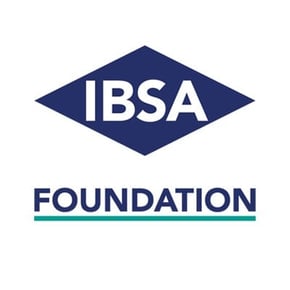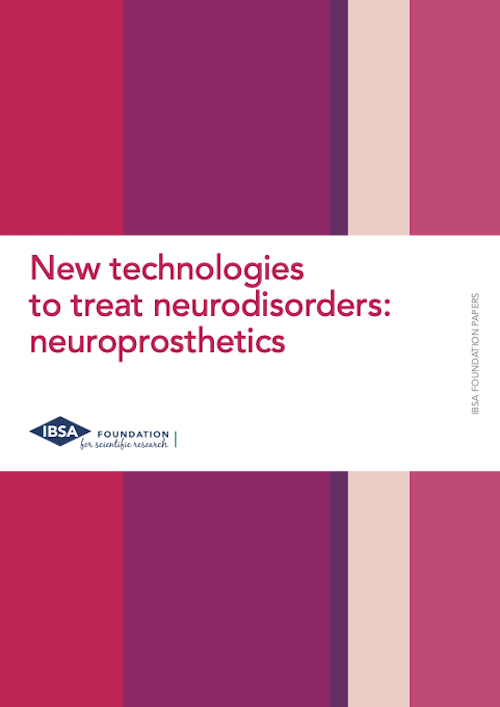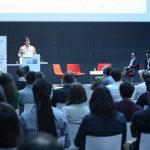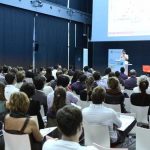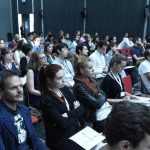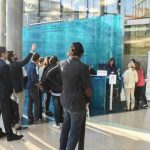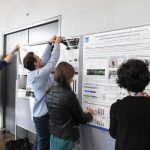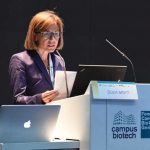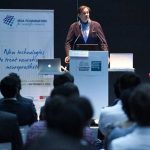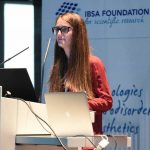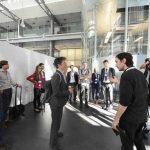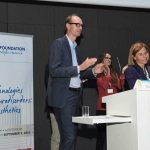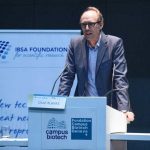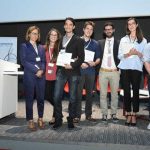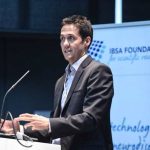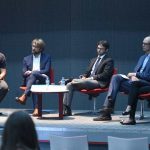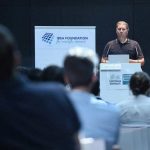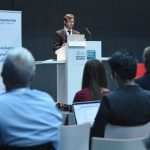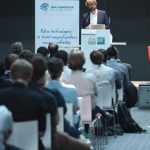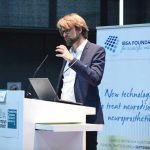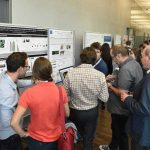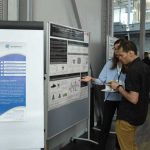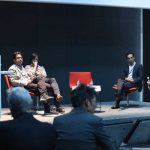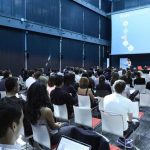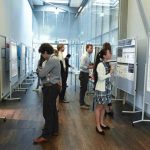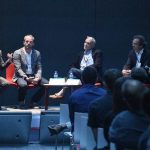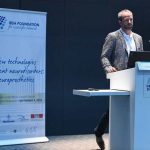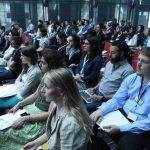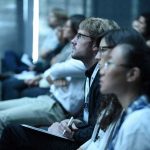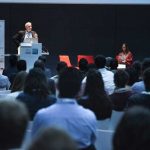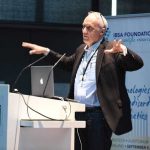Pioneering prostheses that are increasingly lifelike and can feeleven the lightest touch such as a caress are going to dramatically improve quality of life for millions of patients, as are new treatments based on brain stimulation which may cure prevalent conditions such as diabetes, obesity, infertility and cancer. These developments were discussed by international leading expertswho gathered together at the Forum titled “New technologies to treat neurodisorders: neuroprosthetics” organised by the IBSA Foundation for scientific research at the Biotech Campus in Geneva, Switzerland. An event of great scientific relevance confirmed also by the high turnout of young students and researchers.
Neurotechnologies can now offer great benefits for many types of patients. For example, they can help people with neurological disabilities due to stroke, Parkinson’s disease, spinal cord injuries or hand amputation. For people with such disabilities a bionic hand with the same dexterity as a natural hand is being developed, a bionic hand with the ability of doing fine movements and feeling a whole range of touch sensations. The challenge going forward is to see if natural feeling can be restored in its full breadth and depth for people with these disabilities and if this can facilitate embodiment of the prosthetic limb i.e. greater control of movements and ability to feel the different textures of objects. This would give patients much better motion control and they would get back the ability they lost after an accident or a disease to perform a series of everyday activities.
The Geneva Forum provided also an opportunity for discussing themes in the multidisciplinary field of bioelectronic medicine.
Scientists are finding increasing evidence that the onset of certain diseases, e.g. diabetes, has to do with something going awry in the autonomic nervous system. If devices capable of restoring its normal functioning were to be developed these diseases may regress. And indeed game-changing devices acting directly – through electrical stimuli – on the autonomic nervous system, hence on the mechanisms governing our organs, are going to be developed in the coming years.
At the Geneva Forum the IBSA Foundation confirmed once again its commitment to promoting science progress and advancement of scientific knowledge through its support to young investigators under 35 years of age engaged in fundamental and clinical research. On that occasion, the Foundation delivered three CHF1,000 awards to the winners of the Abstract Competition at Forum for their work judged to be most brilliant and innovative in the field.
Location
Campus Biotech, Ginevra, Switzerland
Date
September 9, 2016
Press Review
click here to download the PDF
Speakers
- Andre Brunoni, Service of Interdisciplinary Neuromodulation, University of São Paulo, Brasile
- Jose Carmena, University of California, Berkeley, USA
- Grégoire Courtine, IRP Chair in Spinal Cord Repair, EPFL, Switzerland
- Friedhelm Hummel, Universitätsklinikum Hamburg-Eppendorf, Germany
- Silvestro Micera, Bertarelli Foundation Chair in Translational Neuroengineering, CNP, EPFL, Switzerland; Scuola Superiore Sant’Anna, Pisa, Italy
- Sandro Mussa-Ivaldi, Rehabilitation Institute of Chicago, USA
- Robert Riener, Sensory-Motor Systems Lab, ETHZ, Switzerland
- Frank Scharnowski, University of Zürich, Switzerland
- Lena Ting, Wallace H. Coulter Department of Biomedical Engineering Emory University and Georgia Institute of Technology, USA
Video interviews
Photos
